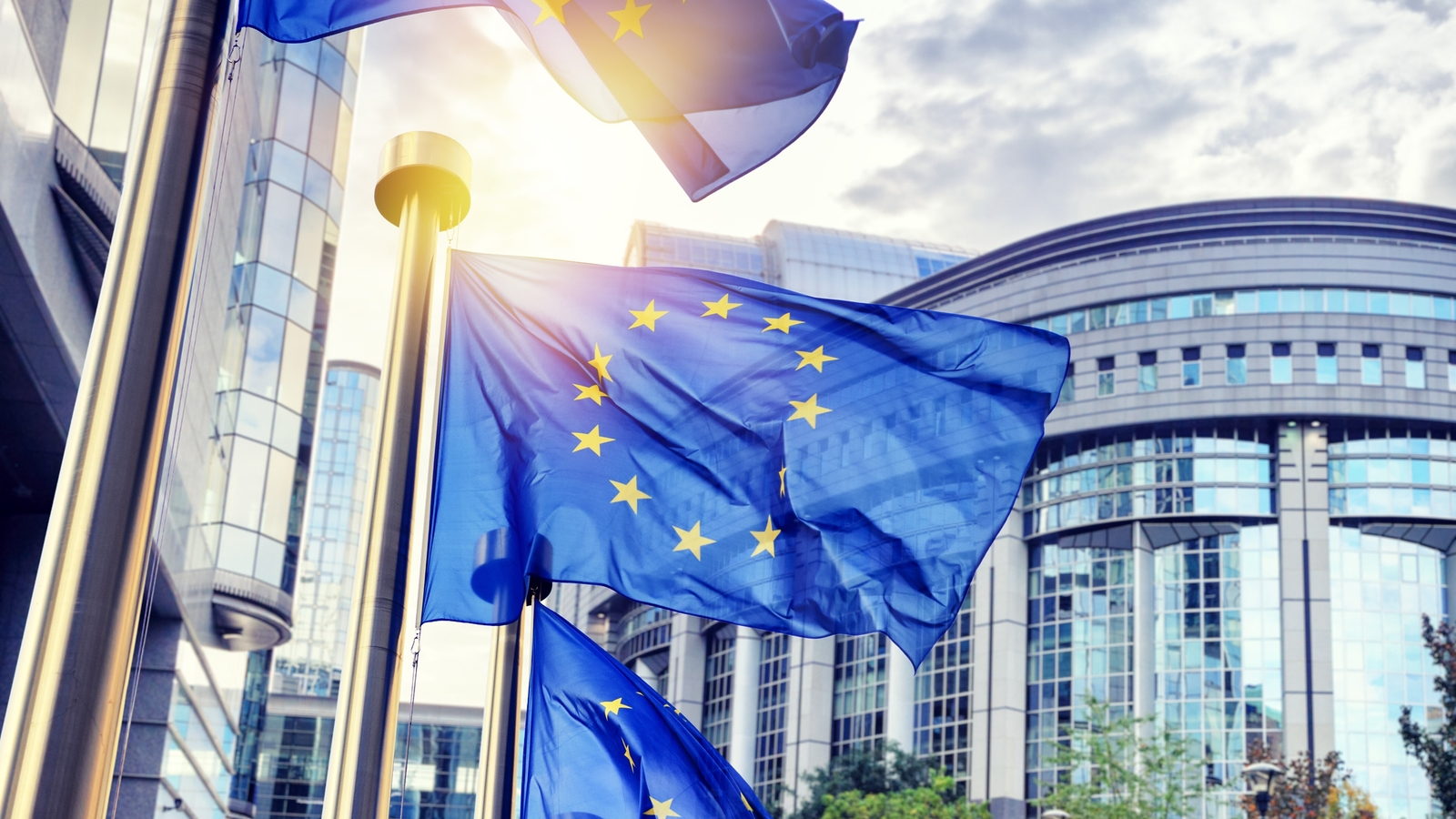
The White House just released restrictions on the global sale of AI chips and GPUs, which more than limit who can buy these chips but also tell them where to use them. This new rule has got Nvidia and the Semiconductor Industry Association (SIA) up in arms, and now the European Commission (EC) is also protesting it. However, the rule will come into force 60 days after its announcement—well into Trump’s second presidency—giving the EU and other concerned parties time to negotiate with his administration to defer or cancel it.Ten EU members—Belgium, Denmark, Finland, France, Germany, Ireland, Italy, the Netherlands, Norway, and Sweden—would have Tier 1 status, meaning they have ‘near-unrestricted access’ to advance American AI chips. However, they must still abide by U.S. security requirements and keep at least 75% of their processing capabilities within Tier 1 countries. Although they could install the rest of their AI chips in Tier 2 countries, they cannot put over 7% of these chips in any single nation, meaning they have to spread operations to over four countries if they want to do so.On the other hand, the rest of the EU members are relegated to Tier 2, which has a cap of about 50,000 GPUs from 2025 to 2027. The exact details of this limit are still unclear. Still, companies from Tier 2 countries could apply for ‘validated end-user’ status to get more computing power if they comply with U.S. regulations.According to the joint statement by the EC, “We [the EU] cooperate closely, in particular in the field of security, and represent an economic opportunity for the US, not a security risk.” The statement added, “We are looking forward to engaging constructively with the next US administration. We are confident that we can find a way to maintain a secure transatlantic supply chain on AI technology and super computers, for the benefit of our companies and citizens on both side (sic) of the Atlantic.”Washington, D.C., probably released this new rule after several reports that its bans and sanctions have largely been ineffective. This blanket ban makes it harder for Tier 3 countries like China, Russia, and other sanctioned nations to acquire AI chips, even through intermediaries or the black market. However, U.S. Commerce Secretary Gina Raimondo says that moves like this are a fool’s errand and that investments in semiconductor manufacturing and research matter more to help the U.S. retain its global technological edge.Get Tom’s Hardware’s best news and in-depth reviews, straight to your inbox.
EU protests new US AI chip restrictions — some countries face GPU caps

